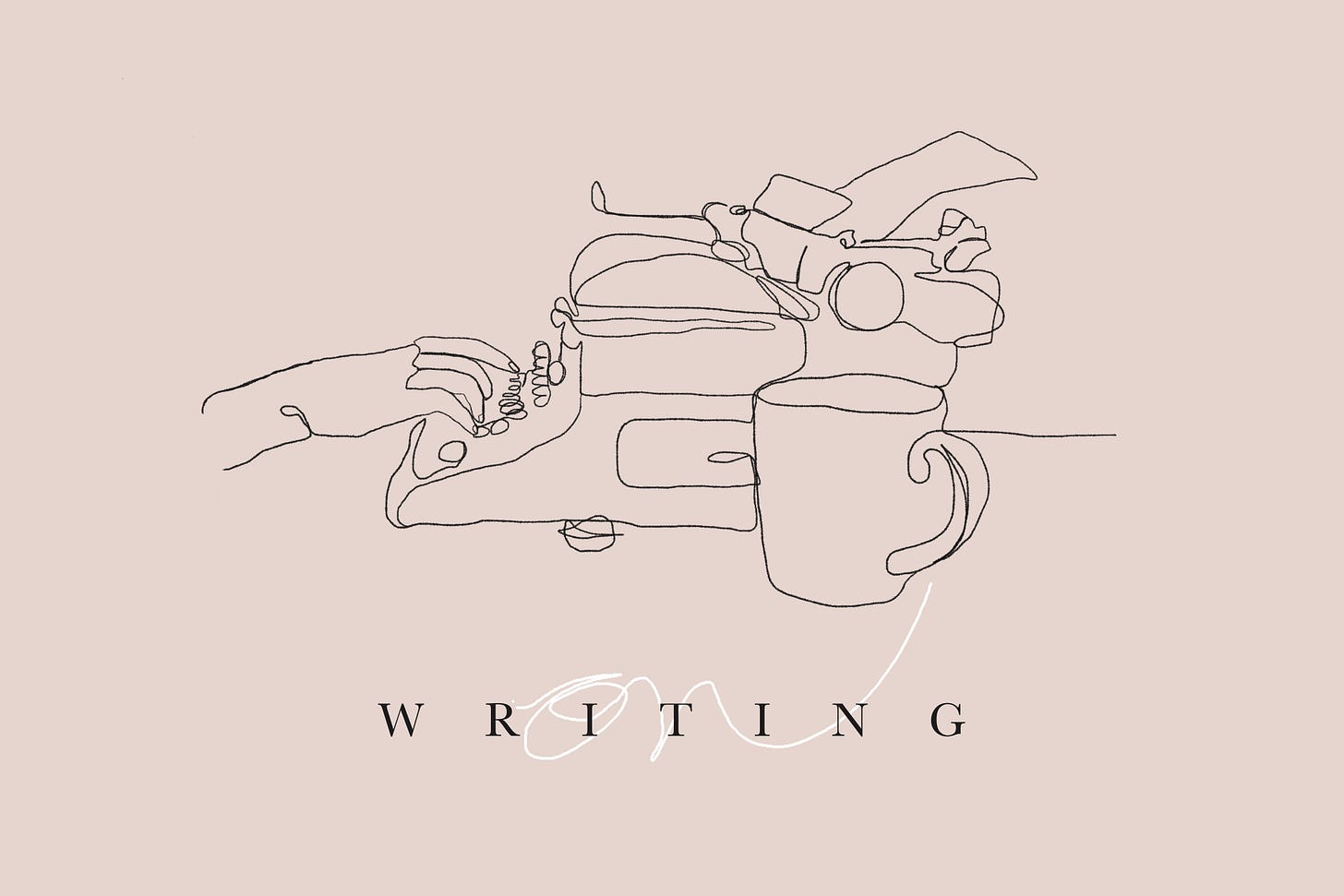Every month I’m publishing a piece from an artist I admire. This month, I am honored to share an excerpt by Tiffany Clarke Harrison from her debut novel Blue Hour. I read the whole of Blue Hour in bed during a rainy afternoon with rapt attention. I held my hand over my chest and tears wet my cheeks. A smile. A joy made its way through every now and then…
© 2025 Jessy Easton
Substack is the home for great culture




